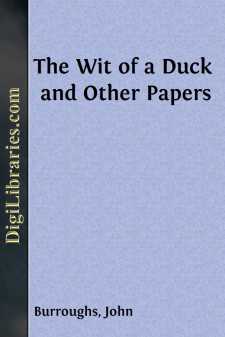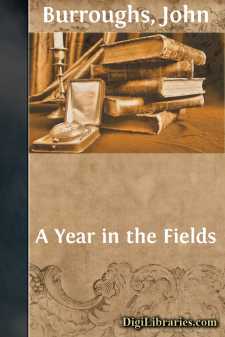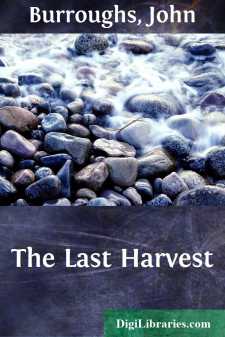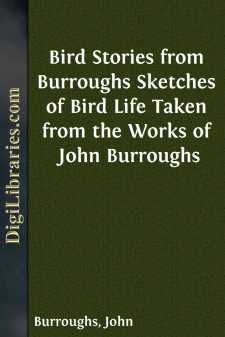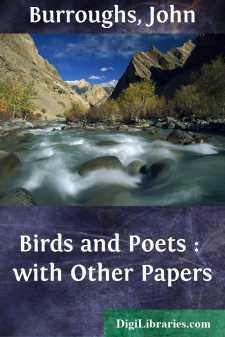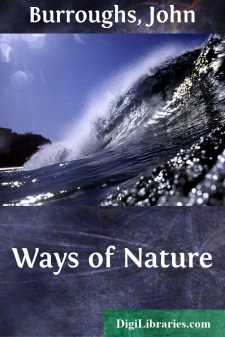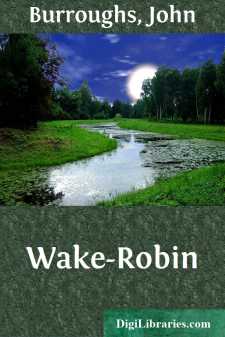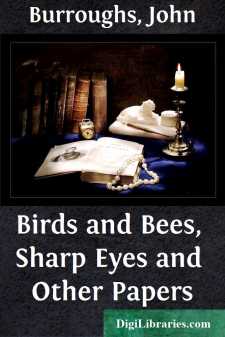Categories
- Antiques & Collectibles 13
- Architecture 36
- Art 48
- Bibles 22
- Biography & Autobiography 813
- Body, Mind & Spirit 142
- Business & Economics 28
- Children's Books 15
- Children's Fiction 12
- Computers 4
- Cooking 94
- Crafts & Hobbies 4
- Drama 346
- Education 46
- Family & Relationships 57
- Fiction 11828
- Games 19
- Gardening 17
- Health & Fitness 34
- History 1377
- House & Home 1
- Humor 147
- Juvenile Fiction 1873
- Juvenile Nonfiction 202
- Language Arts & Disciplines 88
- Law 16
- Literary Collections 686
- Literary Criticism 179
- Mathematics 13
- Medical 41
- Music 40
- Nature 179
- Non-Classifiable 1768
- Performing Arts 7
- Periodicals 1453
- Philosophy 64
- Photography 2
- Poetry 896
- Political Science 203
- Psychology 42
- Reference 154
- Religion 513
- Science 126
- Self-Help 84
- Social Science 81
- Sports & Recreation 34
- Study Aids 3
- Technology & Engineering 59
- Transportation 23
- Travel 463
- True Crime 29
The Wit of a Duck and Other Papers
by: John Burroughs
Description:
Excerpt
JOHN BURROUGHS
John Burroughs was born April 3, 1837, in a little farmhouse among the Catskill Mountains. He was, like most other country boys, acquainted with all the hard work of farm life and enjoyed all the pleasures of the woods and streams. His family was poor, and he was forced at an early date to earn his own living, which he did by teaching school. At the age of twenty-five he chanced to read a volume of Audubon, and this proved the turning-point in his life, inspiring a new zeal for the study of birds and enabling him to see with keener eyes not only the birds themselves, but their nests and surroundings, and to hear with more discernment the peculiar calls and songs of each.
About the time of the Civil War he accepted a clerkship in the Treasury Department at Washington, where he remained nine years. It was here that he wrote his first book, "Wake-Robin," and a part of the second, "Winter Sunshine." He says: "It enabled me to live over again the days I had passed with the birds and in the scenes of my youth. I wrote the book sitting at a desk in front of an iron wall. I was the keeper of a vault in which many millions of banknotes were stored. During my long periods of leisure I took refuge in my pen. How my mind reacted from the iron wall in front of me, and sought solace in memories of the birds and of summer fields and woods!" In 1873 he exchanged the iron wall in front of his desk for a large window overlooking the Hudson, and the vault for a vineyard. Since then he has lived on the banks of the Hudson in the midst of the woods and fields which he most enjoys, adding daily to his fund of information regarding the ways of nature. His close habit of observation, coupled with his rare gift of imparting to the reader something of his own interest and enthusiasm, has enabled him to interpret nature in a most delightfully fascinating way. He gives the key to his own success when he says, "If I name every bird I see in my walk, describe its color and ways, etc., give a lot of facts or details about the bird, it is doubtful if my reader is interested. But if I relate the bird in some way to human life, to my own life,—show what it is to me and what it is in the landscape and the season,—then do I give my reader a live bird and not a labeled specimen."
Mr. Burroughs thoroughly enjoys the country life, and in his strolls through the woods or in the fields he is always ready to stop and investigate anything new or interesting that he may chance to see among the birds, or squirrels, or bees, or insects. His long life of observation and study has developed remarkably quick eyesight and a keen sense of hearing, which enable him to detect all the activities of nature and to place a correct interpretation upon them to an extent that few other naturalists have realized.
When he writes he is simply living over again the experiences which have delighted him, and the best explanation of the rare pleasure that is imparted by his writings to every reader is given in his own words: "I cannot bring myself to think of my books as 'works,' because so little 'work' has gone to the making of them....


